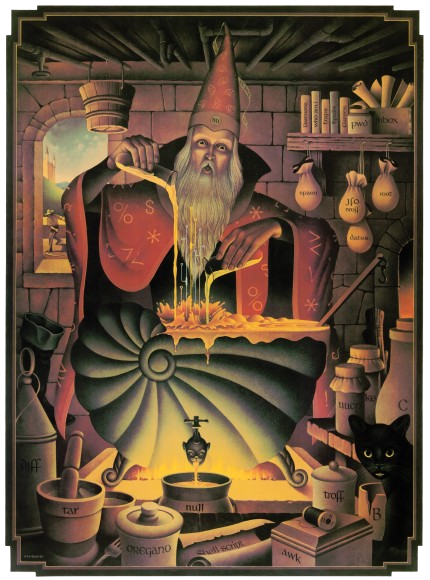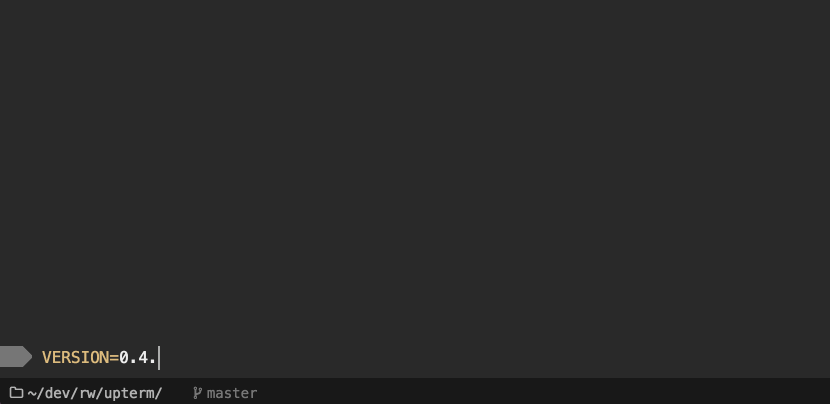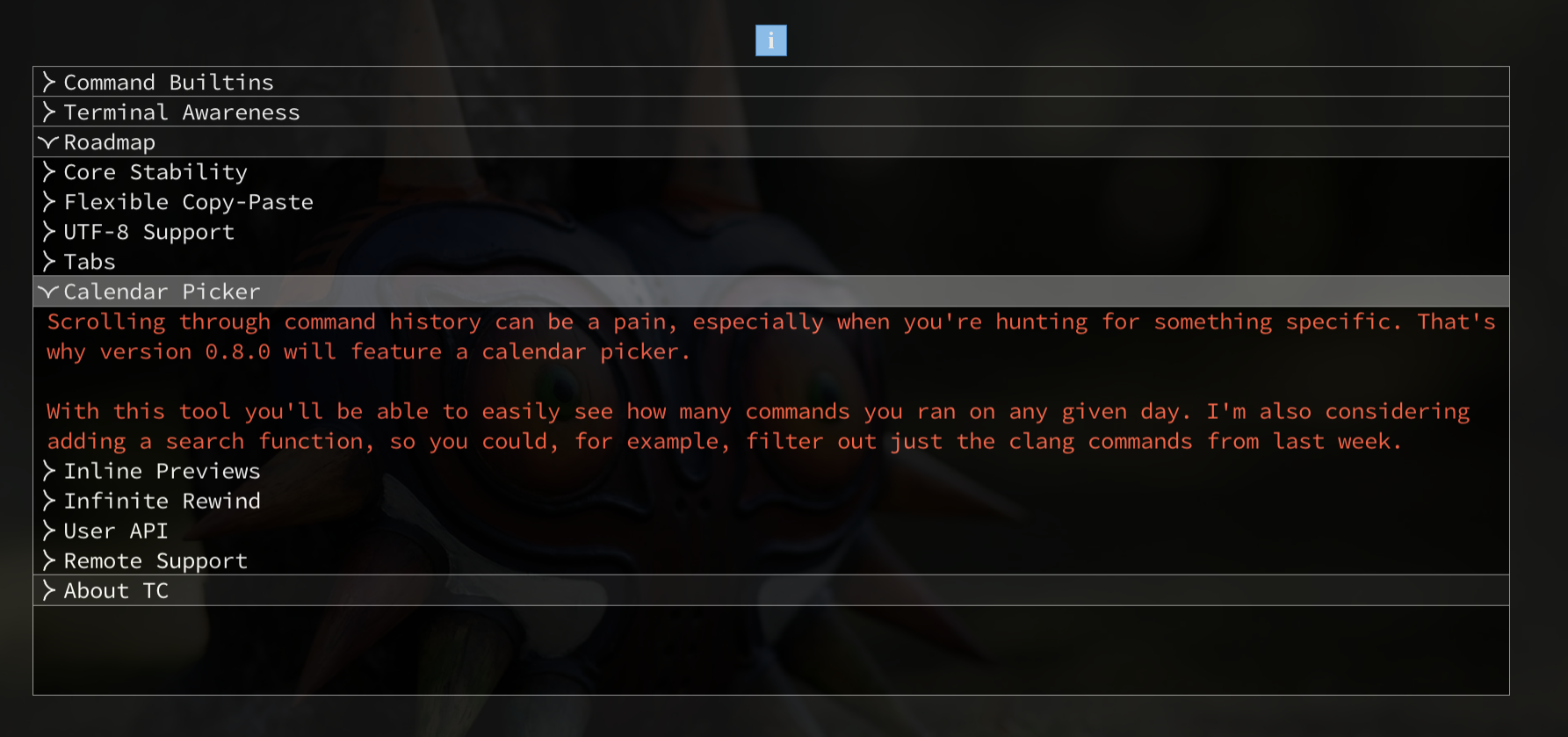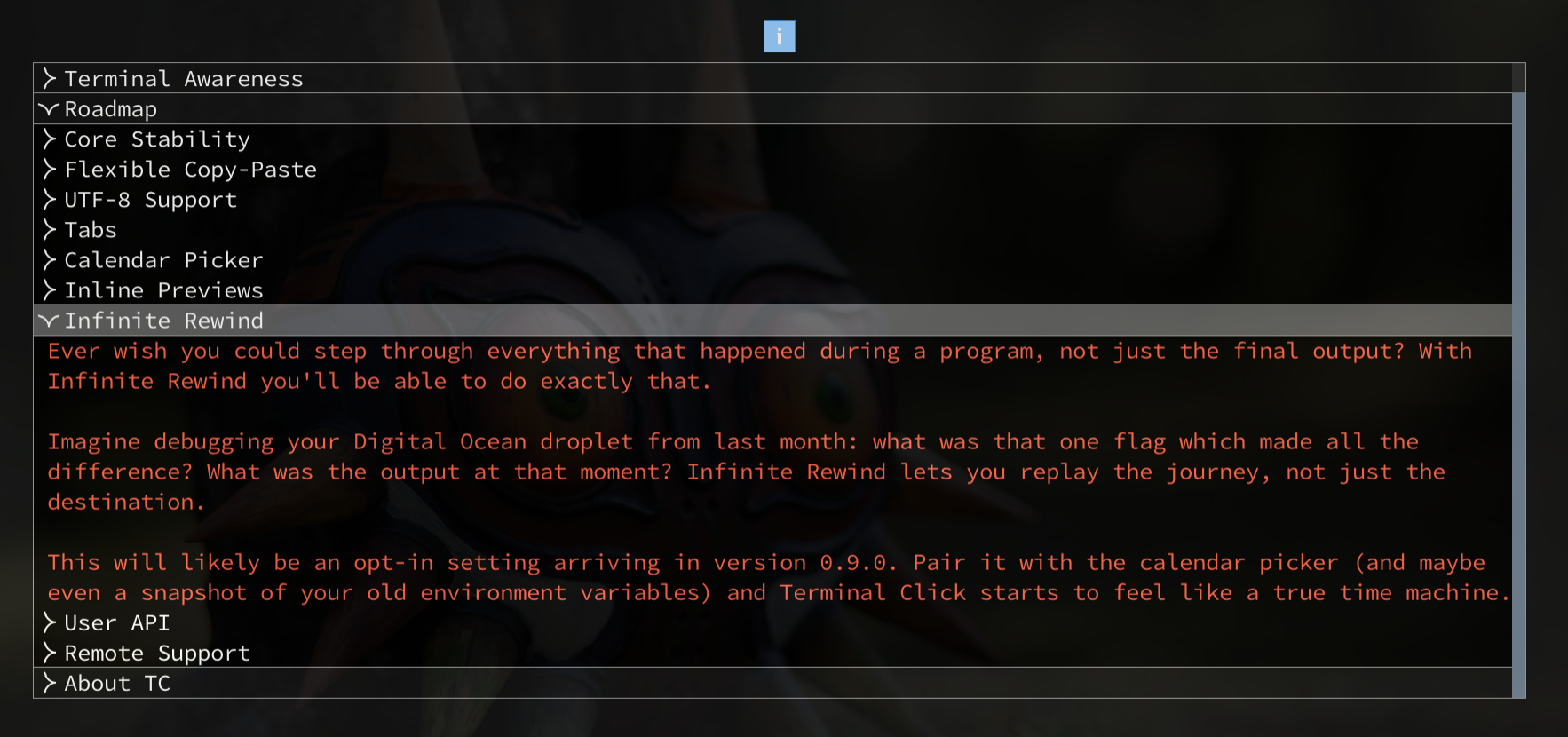The Wizard and His Shell
Update: Heated Lobsters [1] commentary linked below.
The shell was once powerful magic. Now it’s holding us back.
Dear Terminal Enthusiasts,
It’s an exciting time to love terminals. We’re finally seeing some real competition in this space: the Windows Terminal, Warp, Ghostty, and others are all vying for your attention.
But here’s the thing, every single one of these terminals clings to the same old assumption—that they must be permanently tethered to some shell like bash or zsh. It’s like everyone’s building faster horses instead of inventing the car. By sticking to this entrenched status quo, they’re leaving a mountain of innovation on the table.
So, let’s ask the big question.
Why Are We Still Worshipping the Wizard’s Shell?
The Unix Magic poster captures the worship phenomenon perfectly: the wizard represents Unix tradition, and the shell is his cauldron.

The shell is his most prized possession, his gateway to the system’s power. It’s interactive, programmable and deeply tied to the kernel. It’s no wonder the wizard clings to it (it’s where he brews his potions and casts his spells.)
The wizard, however, has grown far too attached to the cauldron, all the while his older students overindulge in their reverence. The shell is powerful, yes, and it’s also ancient. I’m afraid to say it’s no longer the gateway to progress; this kind of tooling is a gatekeeper now, blocking the way for younger generations to carry the torch (they won’t put up with RTFM nor should they.)
What Happens When You Take the Cauldron Away?
Honestly? I don’t have the full answers. Terminal Click is in beta (v0.6.4) and I’m coming to terms with the remarkable consequences of a world without shells.
The results so far are promising. Let me show you a bag of treats we’ve cooked up.
⚠ Note: Terminal Click’s cross-platform since day one for Windows, macOS, and Linux. In our demos I’ll cycle across all three. What works on one OS works on others.
1. Clickity Clackity
Yes, you can click your way around Terminal Click.
Ex. 1 - Want to change the terminal theme? Click.
Ex. 2 - Need to browse your working directory? Click on it.
Ex. 3 - Prefer keyboard shortcuts? Use <Ctrl-P> and <Ctrl-N> to jump around.
Even the built-in calculator lets you click between notations. Why reach for Python or qalc when you can just… not?
Ex. 4 - And don’t let me catch you writing
echo $((<exp>)) again.
2. Real-Time Feedback
It’s the little things: it’d be delighful if your terminal offered a bit more feedback by default. As an example let’s git clone a legacy terminal:
Ex. 5 - Animated indicators for running programs.
Ghostty doesn’t work on Windows, so let’s restore some disk space:
Ex. 6 - Instant exit codes.
Finally, are you a TUI author? Would be nice to see the grid on demand.
Ex. 7 - Visualize the terminal’s cell structure.
Why don’t other terminals have this? It’s modernity 101.
3. Command Spell Checker
Ever mistype a command and get smacked with a “command not found” error? Terminal Click suggests commands from your PATH as you type:
Ex. 8 - Unobstrusive suggestions as you type.
And if a command doesn’t exist we warn so ahead of time:
Ex. 9 - Underlining commands when they can’t be found in PATH.
4. Instant Man
We can highlight a suggested command, click the book icon, and boom.
Ex. 10 - man pages at your fingertips.
This one’s still experimental on Windows, but it’s already a hit with Linux and macOS users. (Again, it’s the little things.)
5. Environment Variable Editor
Dump your environment with classic env, or use the more civilized environ
Ex. 11 Edit the environment in real time.
Changes persist across your session. No more fumbling with export.
6. Fancy History
Your command history, but better.
Ex. 12 - Preserve outputs, timestamps, how long they ran for, and more.
I hope keyboard power users aren’t too afraid; we generally support keyboard shortcuts.
7. Mouse Traps (AKA Fancy Tmux)
You can trap (i.e. sandbox) any command or running program with a click.
Ex. 13 - Playing around with mouse traps
Mouse traps stay in the background until you bring them to the foreground. We can monitor a program’s health and do much more in the future. It’s like tmux but with a graphical twist. (You can mouse trap tmux itself.)
Looking Ahead: Imitation is Flattery!
Let me draw your attention now to Upterm, a rare project that saw some things the way I do:

Fig. 1 - Another terminal author who understood modernity
Upcoming versions of Terminal Click will include that exact feature set. Indeed our Instant Man mode pales in comparison to their contextual cues:

Fig. 2 - Breaking down the flags for top
Unfortunately, upterm seemed to be electron-based? I’d recommend going native instead:

Fig. 3 - Proton Drive link for my beta testers
Of course, 1 MB download is still too fat for a terminal. We’ll be trimming that further.
Can’t Shells Do All This Stuff Too?
Maybe. You could extend the TTY protocol or add new escape codes to mimic some of these features. But as Terminal Click evolves this argument gets sillier. Take the upcoming Calendar Picker or Infinite Rewind, for instance:

Fig. 4 - Roadmap Item: Calendar Picker

Fig. 5 - Roadmap Item: Infinite Rewind
And don’t get me started on previewing 3D models inside the terminal, because that’s coming soon too (+1 for images, although that’s a bore.)
If you’re super worried about backwards compatibility, don’t be. Terminal Click supports Retro Mode, which simulates old-school terminals inside itself.
Ex. 14 - Summon ze ancient cauldron.
Pick your favorite shell and you’re good to go. (On Windows you can go for cmd.exe, powershell, WSL, whichever you like.) It’s like the PS2 running PS1 games; just carry the past for a bit while building the future.
Path to Public Release
Terminal Click is currently in closed beta with one hundred testers (shoutout to the Clickity Clackity Club!). They’ve been relentless in finding bugs and suggesting features. A couple dozen of our casual users have made it their daily driver.
But let’s be real: I still have a long way to go. UTF-8 support, misbehaving ncurses programs, performance benchmarks—it’s a lot. I commend my peers for handling these challenges already, but I’m catching up fast.
In 1–2 years Terminal Click will graduate from an indie dev’s curiosity to serious contender. Until then, consider this your heads-up: if you don’t reconsider your relationship with the shell, I’m going to eat your lunch.
Good sportsmanship, right?
-Abner